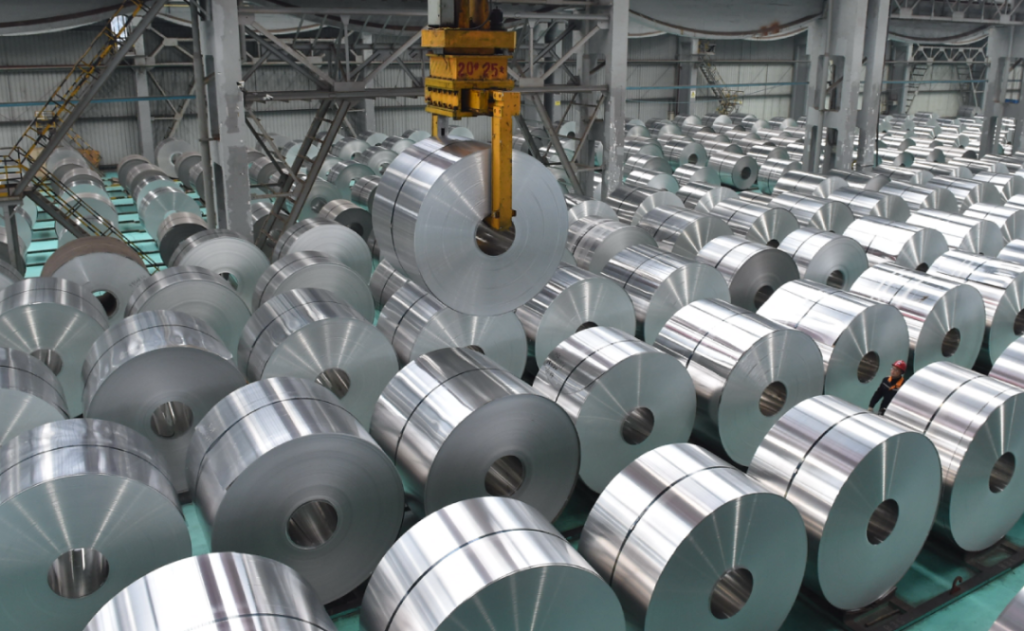The global aluminum market stands at a crossroads, caught between the pressing demands of geopolitical sanctions and the unyielding necessities of industrial consumption. At the heart of this conundrum lies the contentious issue of Russian aluminum sanctions and their far-reaching implications on the London Metal Exchange (LME) prices, market stability, and the broader narrative of global supply chain interconnectedness.
The Divergence Between LME Prices and Physical Market
The LME, a central hub for global metal trade, is witnessing a peculiar divergence. The warehouse, predominantly stocked with Russian aluminum, has become a focal point of contention. The reluctance of Western market participants to engage with Russian metal has not only led to a price divergence but also sparked debates on the relevance and credibility of the LME prices in reflecting the physical market realities. Producers outside Russia argue for sanctions on Russian aluminum to realign the LME prices with the physical market, thereby restoring the exchange’s credibility.
The Critical Role of Russian Aluminium for European Consumers
Europe finds itself in a precarious position, grappling with diminished production capacities and exacerbated by supply chain disruptions from the Panama Canal to the Red Sea shipping crises. Jorge Gomez, from Extrusax, sheds light on the dire situation, emphasizing the European processing industry’s reliance on Russian aluminum. This reliance isn’t merely a matter of convenience but a critical necessity, underscored by the EU’s ambitious decarbonization targets. The looming threat of a Russian aluminum ban raises alarms over escalating costs and scarcity of low-carbon aluminum, essential for sustainable industrial practices.
The Interconnectedness of Global Supply Chains
The global supply chain’s vulnerability is laid bare by the reliance on specific import channels, notably through the Baltic/Black seas from Russia and from regions as diverse as the Middle East, India, and Asia via the Suez Canal. The potential ban on Russian aluminum not only disrupts these delicate supply lines but also poses significant challenges to the global availability of aluminum, thereby impacting a myriad of industries dependent on this versatile metal.
Balancing Act: Economic Realities vs. Political Pressures
The London Metal Exchange finds itself performing a delicate balancing act, navigating between economic realities and political pressures. With approximately 90% of its aluminum stocks originating from Russia, the LME’s decisions have global reverberations. Rusal, a major player in the aluminum industry, underscores the global dependence on its supplies, advocating for a pragmatic approach that considers the economic imperatives alongside geopolitical dynamics.
Conclusion
The debate surrounding Russian aluminum sanctions encapsulates the broader challenges facing the global aluminum market. As we venture further into an era marked by geopolitical tensions and heightened environmental consciousness, the aluminum industry’s path is fraught with complexities. Balancing the economic imperatives with political and environmental considerations requires a nuanced understanding and a collaborative approach to navigate through these turbulent times.

